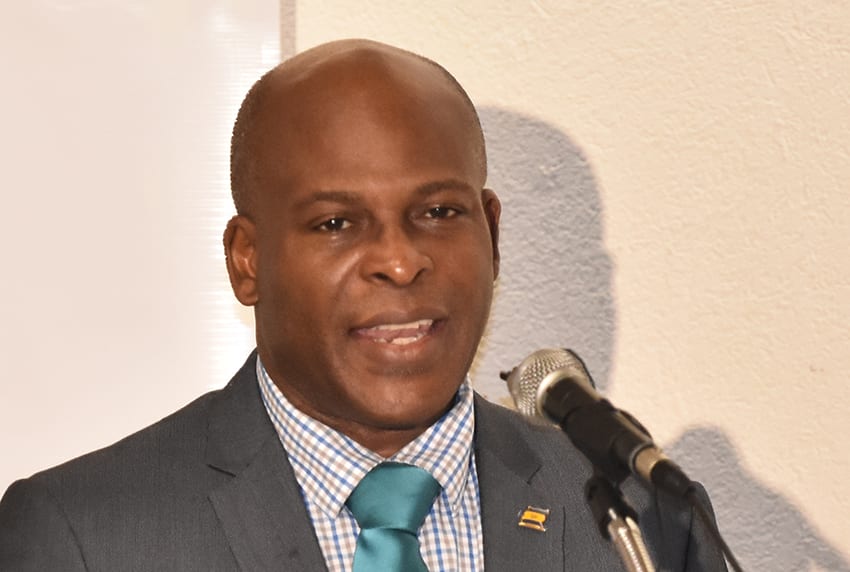
A call has been made to enact specific legislative action to protect the rights of the disabled and to deconstruct existing negative attitudes towards this segment of the society.
This was the overall consensus from participants attending the virtual two-day Ministerial Special Conference on Specific Legislation for Persons with Disabilities in the Caribbean, recently. Its theme was Securing Participation, Inclusion and Non-Discrimination for Persons with Disabilities through Legislation.
Former Minister of Home Affairs, Member of Parliament for St. James North and long-time advocate for the disabled, Edmund Hinkson, who headed the Barbados delegation, said the conference was convened against the backdrop of over one million people, or seven per cent of the Caribbean’s population, suffering from a range of disabilities and are at a greater risk of contracting COVID-19.
Regarding protecting the rights and dignities of persons with disabilities, the long-standing advocate shared that six CARICOM countries – Jamaica, Bahamas, Haiti, Cayman Islands, Guyana and Antigua and Barbuda – had established specific legislation to protect their rights and dignity.
The senior attorney-at-law said three of the six countries had not proclaimed the legislation, with Jamaica expected to take their regulations to Parliament after summer recess, while the Cayman Islands is yet to enact two important aspects of their Disabilities Act.
He contended: “Even though some of the Caribbean Parliaments have enacted Prevention of Discrimination on the Basis of Disabilities legislation, the legislation is not in full effect in all of these nations because their respective governments feel they do not have the financial or technical resources to comprehensively implement the legislation.”
Mr. Hinkson, a former Director of the Barbados Council for the Disabled, said Barbados, through various “pieces of legislation” had promoted the rights and protection of persons with disabilities, while pointing out that there was no specific legislation in place in the country.
“Parliament last year finally passed the Employment (Prevention of Discrimination) Act, which was proclaimed in September last year. This law includes the Prevention of Discrimination Against Persons with Disabilities within the employment arena. However, Barbados has no specific constitutional or legislative provisions which protect the rights of persons with disabilities. “So, we have lagged behind some of the other CARICOM countries in this regard,” he underlined.

He noted that Barbados was a signatory in 2007 to the United Nations Convention on the Rights of Persons with Disabilities and ratified this Treaty on February 28, 2013. This demonstrated the commitment in principle of both political administrations to improve the lives of the community of persons with disabilities.
However, Mr. Hinkson argued that the time had come for Parliament to enact specific legislation on the rights and needs of persons with disabilities, focusing on improving their lives in all aspects of the society and economy.
The caucus, convened by the University of the West Indies Mona Campus, Jamaica, was also attended by Director of the National Disabilities Unit (NDU), John Hollingsworth, and NDU Consultant, Kerry-ann Ifill. Also participating in the conference were Attorneys General, Ministers with responsibility for Social Welfare, and Permanent Secretaries from other CARICOM territories.
The meeting was addressed by distinguished international figures, including Secretary General of the Commonwealth Secretariat, Baroness Patricia Scotland, and Vice-Chancellor of the University of the West Indies, Professor Sir Hilary Beckles.
Some of the topics discussed were Experience of Implementing Legislation for Persons with Disabilities; Draft Model Disabilities Legislation, and Commitment from Caribbean Countries to Specific Legislation.
